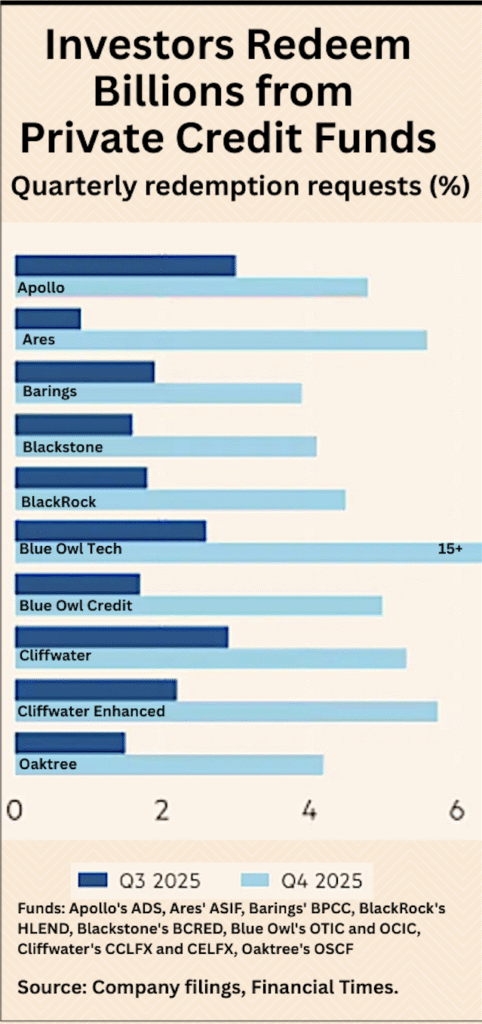As auto-enrollment into retirement plans becomes the norm in the UK, the government and pension industry are trying to avoid the creation of lots of tiny accounts that multiply when people change jobs and never add up to much in terms of retirement income, according to a report in IPE.com.
Currently, UK officials are talking about having people take the retirement accounts that were created under auto-enrollment to their new employers when they change jobs. If that becomes policy, it would rule out the idea of aggregating small accounts—perhaps under £2000 or so—into a big “aggregator” retirement plan such as Britain’s new public defined contribution plan, the National Employment Savings Trust, or NEST, or some other giant fund.
Speaking as he published the government’s response to last year’s consultation on small pot consolidation, Department for Work and Pensions (DWP) official Steve Webb expressed a preference for the “pot follows member” model outlined at the time. (In the UK, defined contribution retirement accounts are commonly called “pension pots.”)
The DWP has said that creating auto-enrollment in DC plans without establishing a policy for rollovers “would result in 50 million dormant small pots by 2050.”
“We need a system where people build up worthwhile pension pots in one place rather than having lots of small pots all over the place,” Webb said. “At the moment, every time someone moves to a new job, there is a risk they leave behind a small pension pot they lose track of. Our plans will mean individuals get better value for their savings and bigger pensions as a result.”
Many within the UK pension industry have raised concerns about the “timing and practical challenges” to account consolidation, according to the DWP. Proposals so far have been limited to consolidating only the small accounts created by automatic enrollment programs. Any defined benefit rights or accounts created before automatic enrollment would not be subject to consolidation.
The issue of “detrimental transfers” was one of particular concern to the National Association of Pension Funds (NAPF). Its chief executive, Joanne Segars, pointed out the danger that automatic transfers might put accounts into retirement plans with higher expenses and weaker governance.
She branded it a “pensions lottery,” where members could be automatically transferred into a different scheme without being aware of its impact, and called on the government to reconsider its “pot follow member” approach.
“A better solution would be to allow people to transfer their pensions into large-scale, low-cost aggregators, which are simpler and better placed to deliver good member outcomes,” she said.
The NAPF has long been an advocate of larger-scale defined contribution (DC) schemes, with chairman Mark Hyde Harrison and others repeatedly calling for “super trusts.”
However, the DWP said its analysis demonstrated that an aggregator approach would only result in “limited” consolidation, since it would have to limit the size of the transferred accounts to prevent one or more “aggregator plans from distorting the market.
“In addition,” the agency said, “the creation of one or more dormant aggregated pots would be inefficient for the pensions industry. This option fails to deliver against two key reform objectives of promoting member engagement and tackling inefficiency.”
The department said there was “generally” support for many issues surrounding automatic transfers, such as letting people opt out of consolidation without necessarily having professional advice while doing it. being able to opt out of any consolidation, and that it should happen “unadvised”.
The DWP envisions a project similar to the Netherlands’ “Pension Dashboard” on which people can see all of their accrued pension rights and retirement accounts side by side.
© 2012 RIJ Publishing LLC. All rights reserved.



